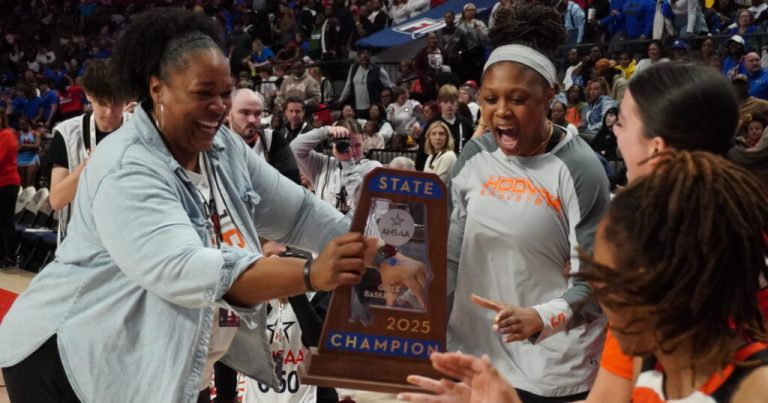How 2 legendary high school coaches impacted students, community, civil rights and Alabama’s future
Reading time: 6 minutes
Sponsored
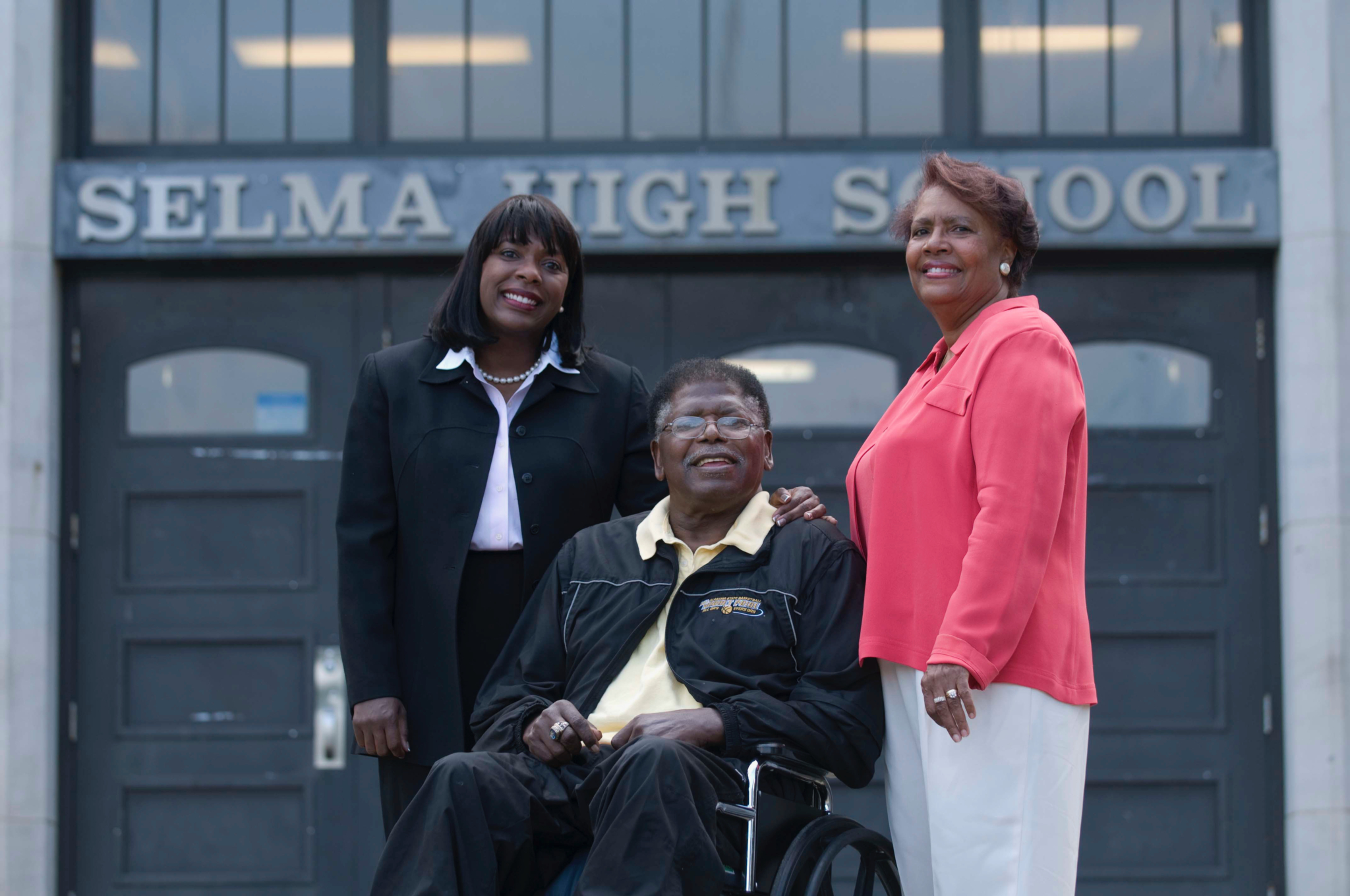
Bob Farley/f8Photo.org
Alabama Congresswoman Terri Sewell’s father Coach Andrew Anthony Sewell had a saying:
“Anything worth doing is worth doing your best.”
Let me tell you a story about two remarkable men who grew up in segregated Selma, Alabama. Both men were educators. Both men were coaches. Both men were pioneers and community builders.
For Black History Month, let’s meet A.A. Sewell and Joe Evans.
Crossing the Edmund Pettus Bridge

Coach Evans was destined to become a Hall of Fame high school basketball coach, a college coach, athletic director and AHSAA’s Associate Executive Director.
But at the tender age of sixteen, he was tear-gassed on the Edmund Pettus Bridge while marching for voting rights. Known as Bloody Sunday, the violent event made national headlines and galvanized a nation. A week later, he walked across the bridge with Martin Luther King, Jr. and his fellow marchers to continue for the 50 mile trek from Selma to Montgomery.
When I asked him about those fateful days in 1965, Evans was humble. He focused on why he was marching and what it accomplished.
“It was very, very important to the world, the sacrifices that were made by the people in the city (Selma), and Dallas County. We got the attention of the world, about not being able to vote.”
Double A
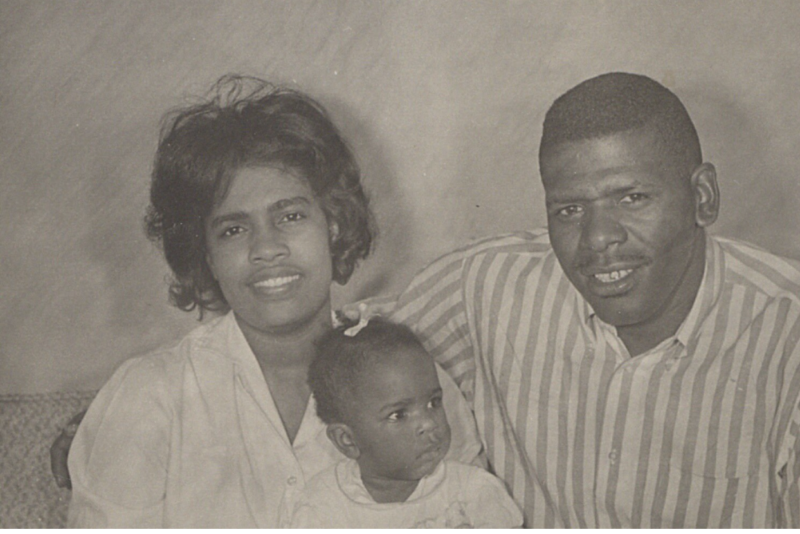
Coach A. A. Sewell also grew up in Selma. Known as “Double A” to friends, he was a little less than a decade older than Coach Evans. Both gentlemen actually attended R.B. Hudson High School, the segregated all-Black school in the town.
On a recent Saturday afternoon, I interviewed Coach Sewell’s daughter, U.S. Representative Terri Sewell, Alabama’s first Black female member of Congress. She was in Selma visiting with her mother Nancy, who was also participating in the call.
They were both eager to talk about Coach Sewell, who passed away in 2017 after a lengthy illness.
“First let me just say that I am a daddy’s girl!” Rep. Sewell declared right off the bat. “My dad was such a major influence to me, his love and his love of teamwork. His tenacity and courage are things that totally inspire me today.”
Sewell told me her dad was an amazing athlete, lettering in six different sports in high school and earning a scholarship to Alabama State University. He would captain the Hornets football and golf teams. His exploits on the playing fields, courts, tracks and greens were legendary.
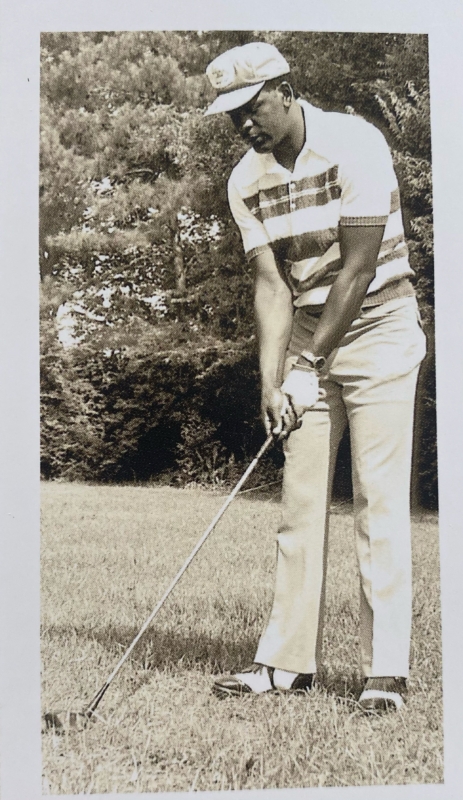
For example, he learned to play golf in high school when he was a caddie at the Selma Country Club. Because of segregation in the late 1950s, caddies could only play in the evening when it was dark. Despite what would seem to be insurmountable obstacles, he played the sport in college and as a golf pro, winning countless tournaments and trophies during his life.
Lots of wins: Two basketball coaching careers
High school administrators must have seen something special in both men when they were first hired out of college. They not only landed high school teaching jobs, but they were also given head basketball coach and athletic director responsibilities in their very first year. Talk about on-the-job training!
Sewell began his teaching (he was a math teacher) and coaching career at William Hooper Councill High School in Huntsville, before returning to Selma to coach at his alma mater R.B. Hudson and an integrated Selma High School. He won 465 games and experienced only 161 losses. This included a span of seven back-to-back 20+ win seasons at Selma High School.
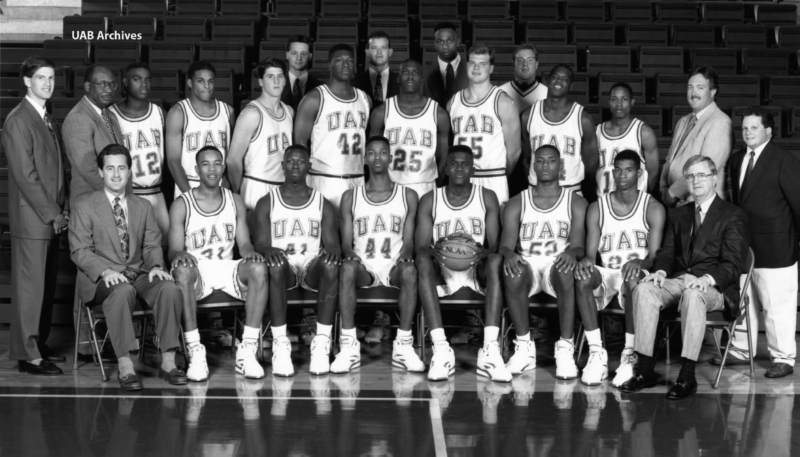
In 16 seasons at nearby Dallas County’s Keith High School, Coach Evans notched 378 victories. In the late 1980s and through the 1990s he coached in Birmingham alongside UAB’s Gene Bartow. He dedicated the last decade of his career to the advancement of high school sports in Alabama as AHSAA’s Associate Executive Director, the organization’s second highest leadership position.
Both coaches were part of the integration and consolidation of black and white school systems during the late 60s and early 1970s.
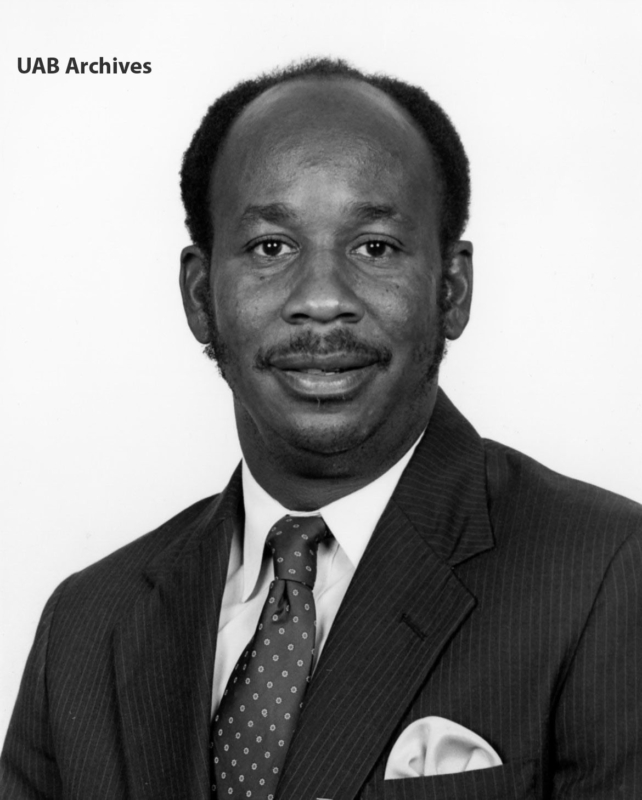
“Integration owes a lot to the coaches and administrators at the schools,” said Coach Evans. “It went smoothly. I cannot give you enough superlative words to tell you how much the coaches sacrificed to support the kids and athletics in their community.”
Giving Back and Role Models
“It’s all giving back to the community.” That’s what Rep. Sewell told me was one of the most important lessons she learned from her father, the coach, and her mother, who was the high school librarian for over 40 years.
“I think high school athletics solidifies and grows community,” she added. “Daddy took his role seriously as a role model to these young men. Many of them didn’t have fathers at home. He was a father figure to so many of them.”
Hidden Figures
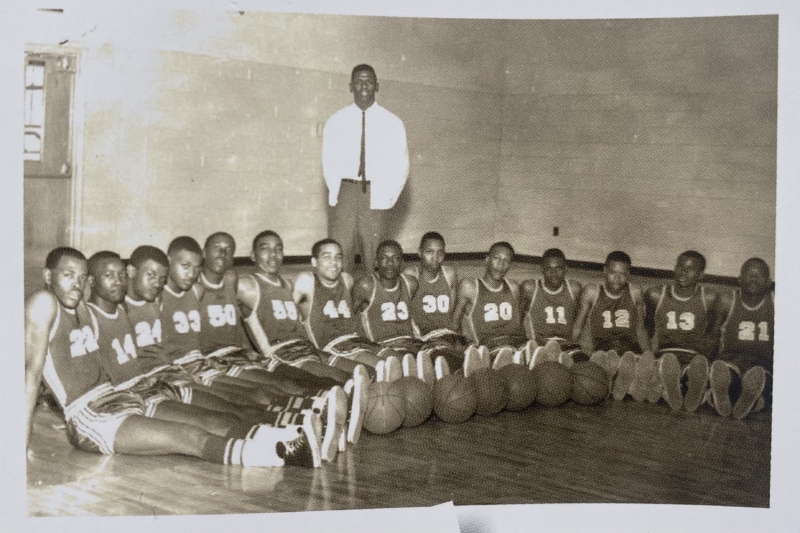
Coach Evans compared the many high school Black teachers, coaches, administrators and community leaders to the behind-the-scenes heroes featured in the 2016 Academy Award winning movie Hidden Figures.
“History has been hidden in many ways. It is good to see what Blacks have brought to the table in all phases,” said Coach Evans.
In celebration of Black History Month, Rep.Terri Sewell said it best about the rich history of Black high school athletics which includes Coach Evans and her father.
“Those of us who are beneficiaries of their courage, their determination, their excellence, should be celebrating that each and every day, not just during Black History Month, but 365 days of the year.”
Mark Your Calendars for Basketball Finals
One additional reminder: AHSAA is holding the State Basketbal Finals in Birmingham, March 1-6.
Sponsored by:
The post How 2 legendary high school coaches impacted students, community, civil rights and Alabama’s future appeared first on Bham Now.


